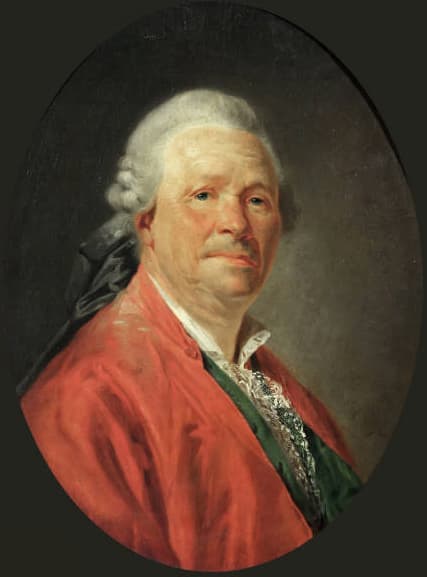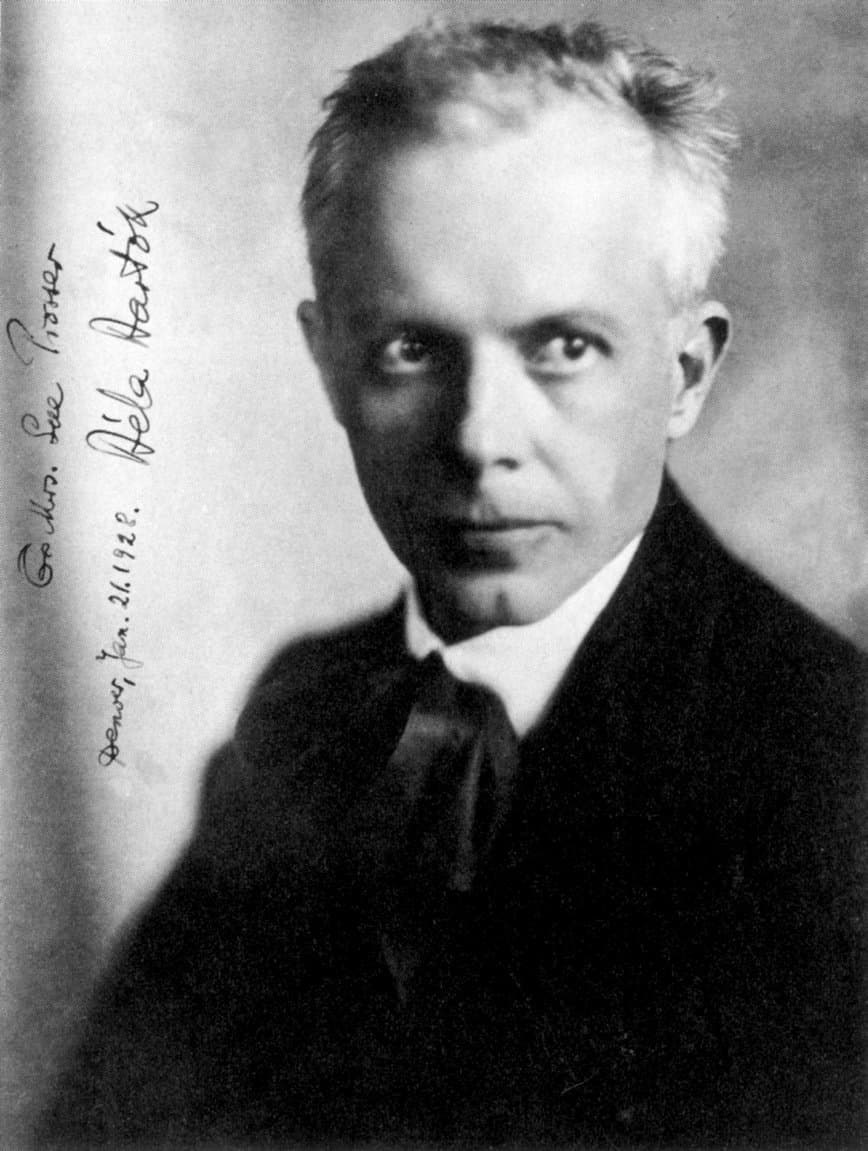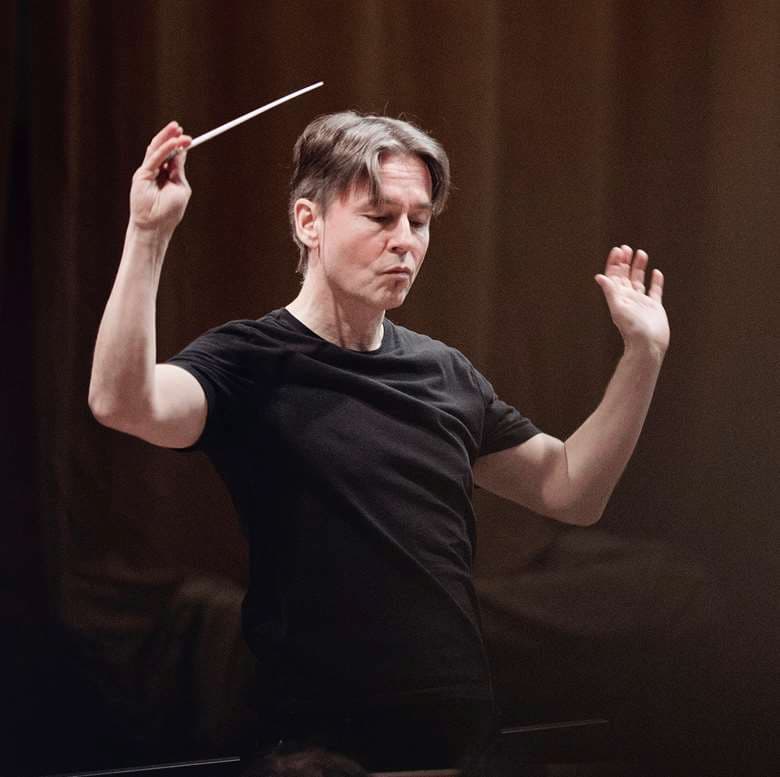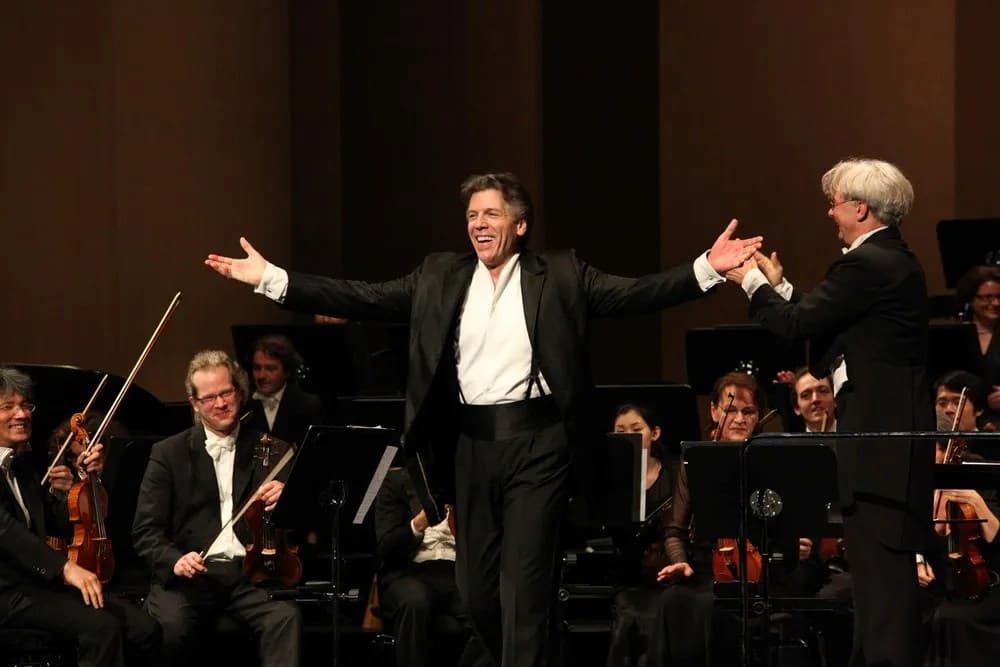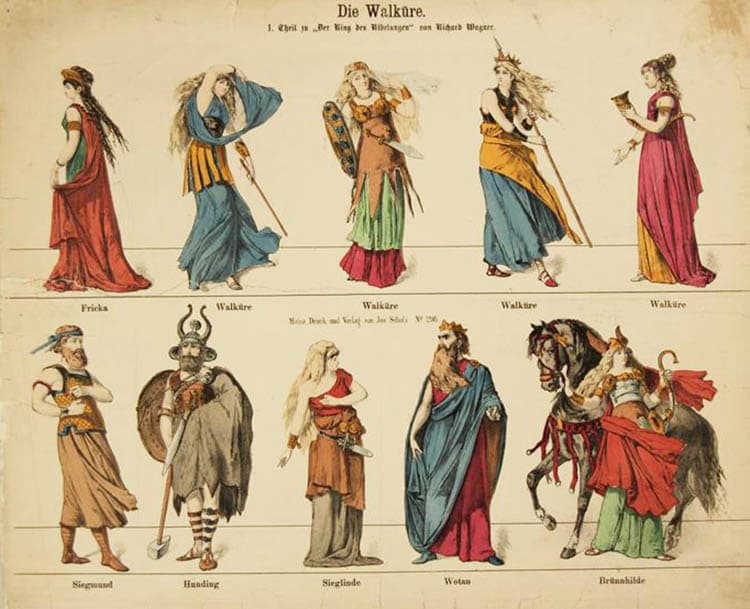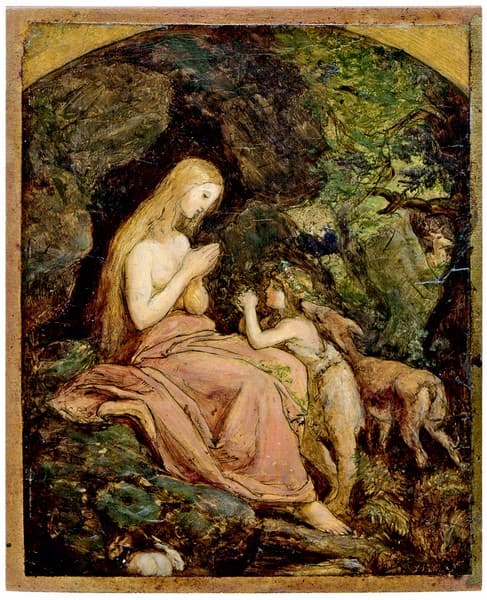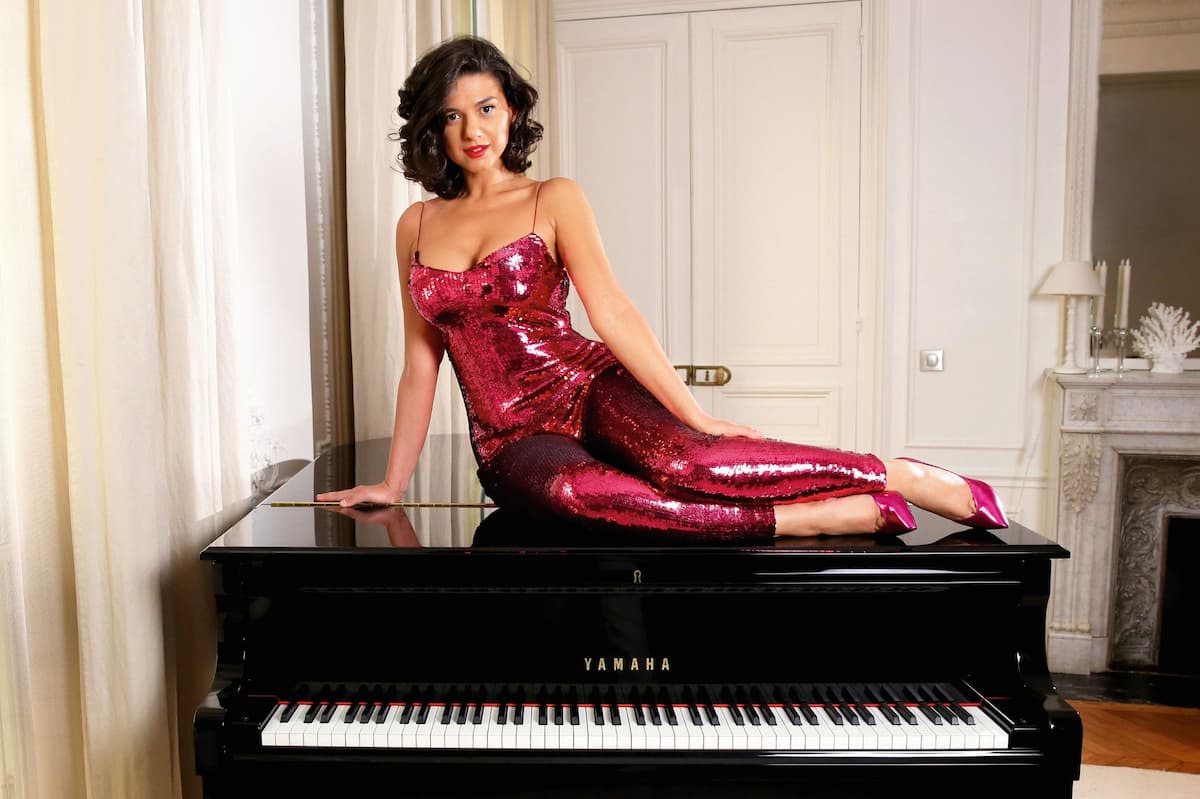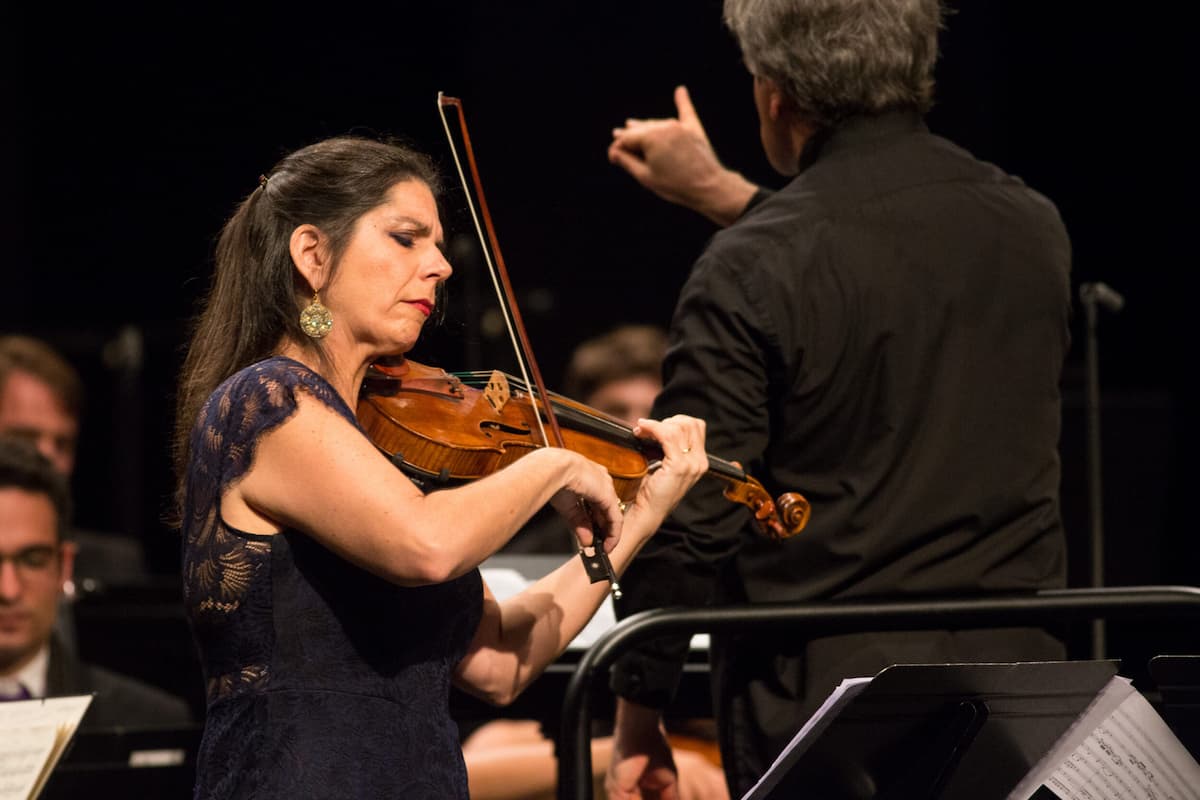Christoph Willibald Gluck was born on 2 July 1714 in Erasbach, near Berching, in Upper Palatinate. His father Alexander “was an enterprising and energetic man, who was in charge of the forestry and the toll of several wealthy monasteries.” Alexander
On This Day
During the mid-1920s, Béla Bartók experienced a compositional fork in the road. His violin sonatas had represented him as a musician on the international stage, while the “Dance Suite” was a national composition celebrating the 50th anniversary of the unification
Born in Helsinki, Finland on 10 June 1958 to a businessman father and a homemaker mother, Esa-Pekka Salonen knew from an early age that music was his destiny. His mother tried to get him to play the piano at four,
The American lyric baritone Thomas Walter Hampson has appeared in all the major opera houses and concert halls around the world, and he has made well over 170 recordings. His enormous operatic repertoire spans more than 80 roles, and as
Cosima Wagner wrote pointedly in her diary of 1873, “Die Walküre is the most emotional, the most tragic of Richard’s works.” Here as elsewhere, Cosima is responding to the classical theory of drama that Wagner had outlined during the initial
Premiered at the Stadtteater in Leipzig on 25 June 1850, Robert Schumann’s (1810-1856) four-act opera Genoveva elicited a strong response from Richard Wagner. “Schumann is a strange man,” he writes, “who has no sense of melody, and his opera Genoveva
Covid-19 has fundamentally changed the way we work, educate our children, care for others, and also the way we communicate. As a reporter stated, “the pandemic didn’t bring us together; in fact, it was never going to be the common
Violinist Pamela Frank, born to noted pianists Claude Frank and Lilian Kallir in New York City on 20 June 1967, took to the violin at an early age. She started her studies at the age of 5 as a student

